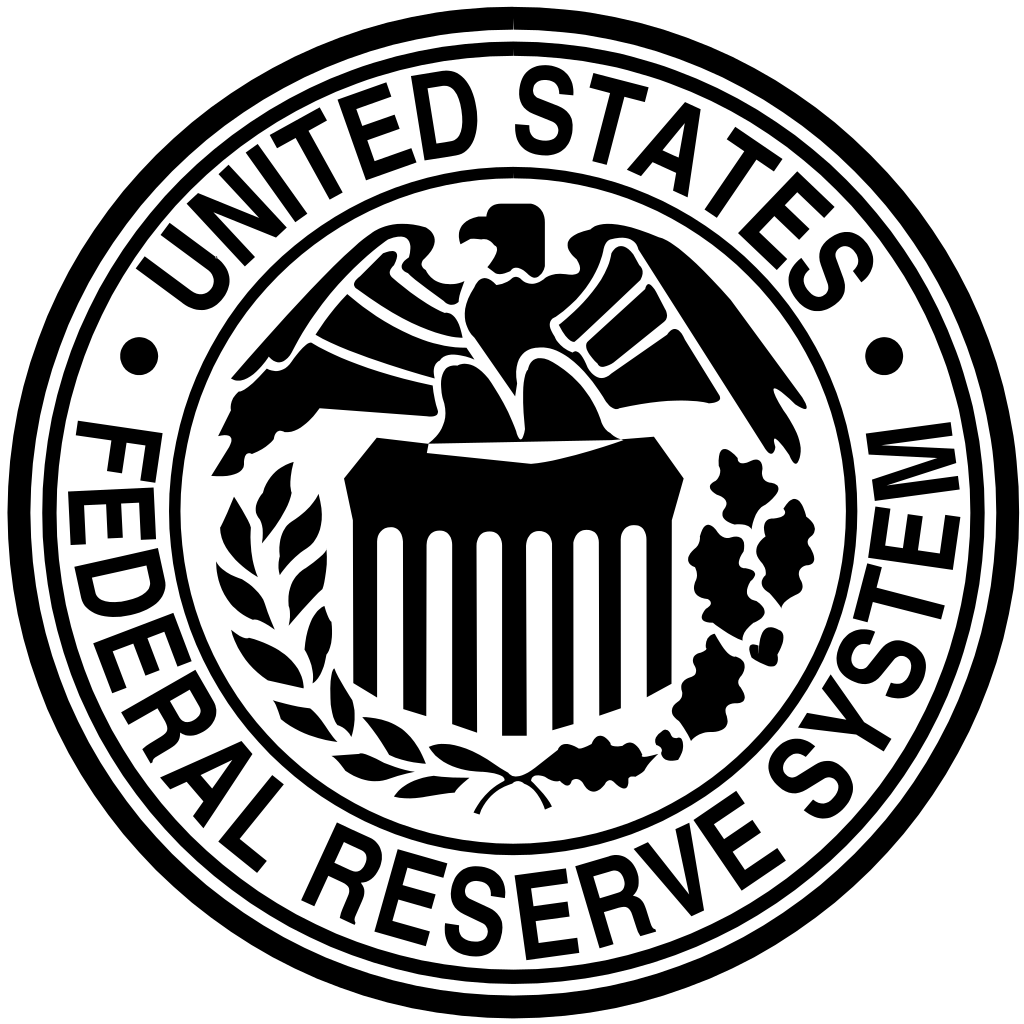Durbin Law | Durbin Amendment | Interchange Fee

DURBIN AMENDMENT
Learn More
Merchant Industry has changed its pricing system. Please complete the simple form and our representatives can help businesses and merchants understand the positive effects of the Durbin Amendment.
INTERCHANGE FEE
Interchange is a fee paid between banks for the acceptance of a card based transactions.Card issuers charge merchants an interchange fee every time a debit or credit card is used to make a purchase. The fee amount is determined by Visa and MasterCard. The Durbin Amendment imposes a cap on this fee. Until the Durbin law is imposed the average interchange fee was 44 cents per transaction. After the Durbin Amendment takes effect on October 1, 2011, the fee is capped at 21 cents, plus 0.05% and an additional discretionary 1 cent for institutions employing effective fraud prevention initiatives.




